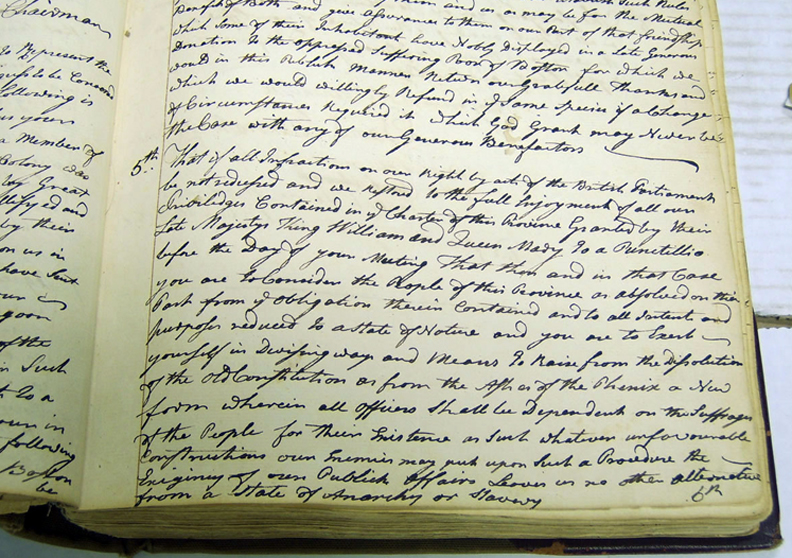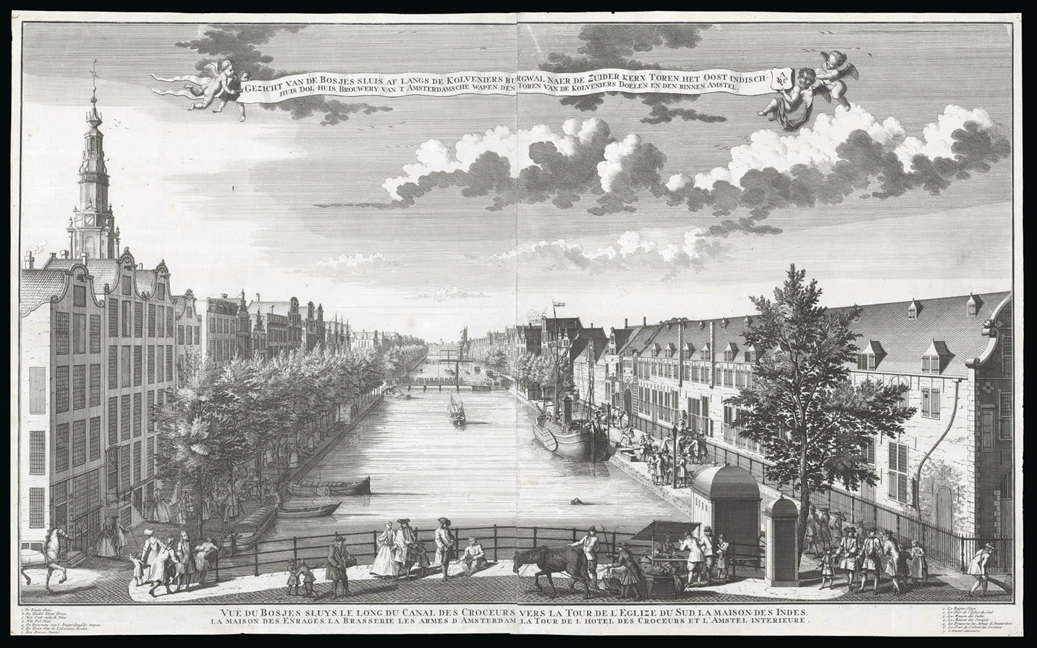Book Review: James Madison and the Making of America by Kevin R. C. Gutzman (St. Martin’s Press, 2012)
In James Madison and the Making of America Kevin R. C. Gutzman energetically debunks the mythical James Madison. Gutzman asserts that Madison was not the “Father of the Constitution” but a man who felt the Constitution was simply a step above the Articles of the Confederation. He was not the promoter of the Bill of Rights but a man who found them unnecessary. He did not have faith in the virtue of men but found them “brutish.” He was not a demi-god but merely a man. Focusing specifically on Madison’s political career, particularly during the Philadelphia Convention in 1787 and the ratification process, Gutzman dives directly into showing Madison’s evolution as a statesman.
According to Gutzman, Madison favored a national government over a federal government. Unlike his famous friend, Thomas Jefferson, Madison preferred an “energetic government.” Yet, once the Constitution was ratified, Madison supported the federal government because that was the idea that was “sold” to the People. He felt the main purpose of having a Bill of Rights was to “allay the fears of moderate men” but he did “not consider a bill of rights desirable in itself.”
Gutzman also shows that Madison and Alexander Hamilton “jointly” collaborated on The Federalist-that is far from writing them remotely, the two men assisted each other in drafting the papers. Here, Gutzman focuses specifically on Federalist No. 9 and Federalist No. 10 to argue his point and shows successfully that the two articles “were to some extent products of collaboration” between the two men.
Another important part of Gutzman’s argument is that it was Madison’s belief in religious freedom that he gained during his Princeton education that helped him develop his understanding of human nature. Indeed, it is this integral part of Madison’s understanding of human nature that eventually lead to the creation of the Virginia Statues of Religious Freedom, an important but often overlooked contribution of his political career. Notably, Gutzman is not saying that Madison felt government was superior to religion or that religion needed governmental approval but that Madison found religion so important, he felt it should be kept separate from government (and the “brutes”) to safeguard its significance.
Although not quite a full-fledged biography of our fourth president, the book is essential to understanding Madison’s contributions, accomplishments, and growth as a political figure. Gutzman intelligently titles the book “The Making of America” and not “The Making of James Madison.” Gutzman’s expert knowledge and extensive research play an integral part in the book. Those looking for a flowery description of Madison’s presence at his wife’s extravagant Washington soirees or his preference in dress may find James Madison and the Making of America challenging but those interested in a serious study of Madison’s complex character and the creation of our Republic shall find much to appreciate in this insightful book.









One thought on “James Madison and the Making of America”
Looks like an interesting read. Every glimpse I get of this cover reminds me of another Madison book on my shelf: James Madison by Richard Brookhiser.
Compare this cover to this one.